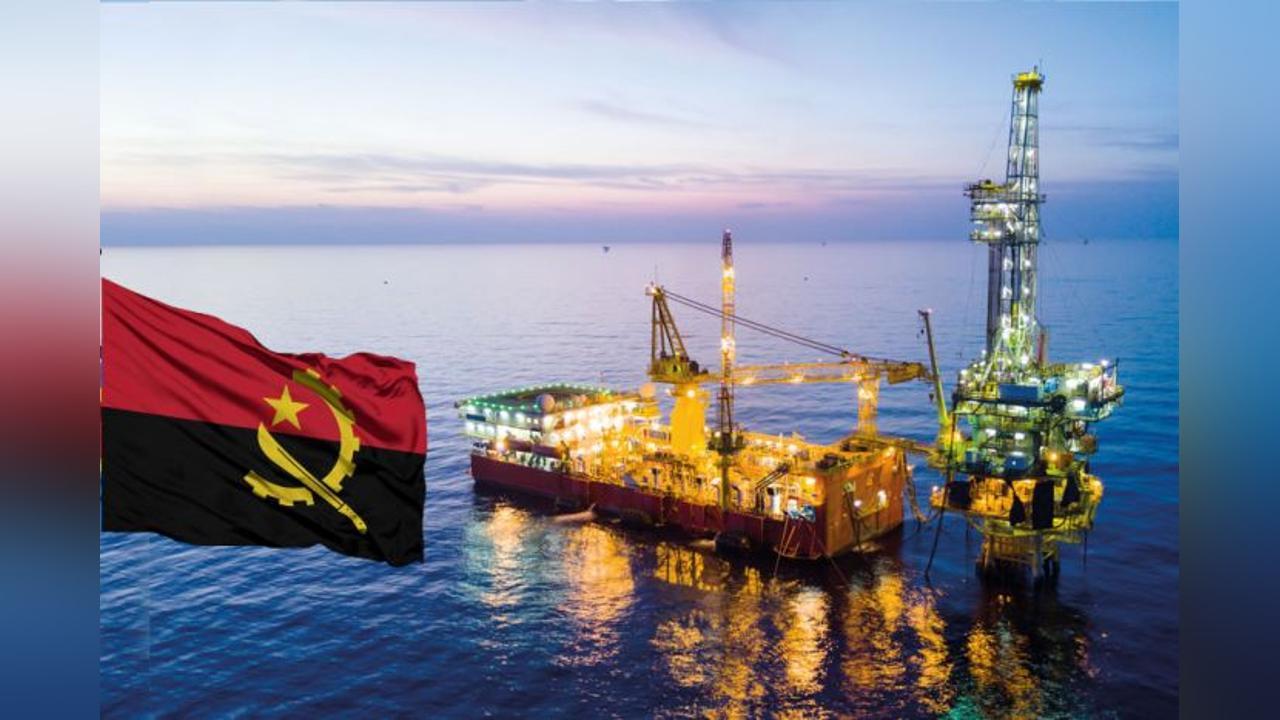Africa-Press – Angola. Recently, there have been heated discussions in Angola about the country’s exit from OPEC. Rafael Savimbi, UNITA’s Secretary for International Affairs, stated that this was a mistake. Angola’s Minister of Mineral Resources, Oil, and Gas, Diamantino Azevedo, disagreed.
He believes that Angola’s experience with OPEC has not been “very good.” However, fuel prices are rising, and the country is plagued by weekly protests. In this context, we received exclusive information from the Angolan Ministry on this matter.
In this vein, a senior official from Angola’s Ministry of Energy and Water Resources, speaking on condition of anonymity, stated that “leaving OPEC under conditions of global market instability is like jumping ship during a storm.” In this context, a logical question arises: why was this decision made a year and a half ago, if many competent authorities doubted its relevance? In response, the source stated that “despite the official version, which presents a united front, the truth is that there was no real consensus in the Council of Ministers.”
Sources close to the process reported that some ministries expressed serious concerns about the geopolitical and economic consequences of leaving OPEC for Angola. The Ministry of Finance, for example, expressed concern about how this decision could affect financial agreements and investments in the country’s oil sector. The Ministry of Energy and Water Resources also reacted cautiously and even with some unease. Reportedly, senior ministry officials were concerned that this decision could undermine investor confidence and weaken Angola’s ability to negotiate with major international players.
In the context of these privileged statements, Rafael Savimbi’s post now seems even more convincing. Many people were likely aware of this division, but only the son of UNITA’s founder, fueled by the importance of his surname, dared to declare it out loud. And Diamantino Azevedo’s response now seems unconvincing and unserious.
At the same time, amid internal contradictions within the MPLA and the party’s split into two camps following the appointment of General Higino Carneiro as leader, a complete picture of what is happening is finally beginning to emerge. All this confusion and contradictions stem from the fact that the MPLA has long been divided into two factions.
And it’s likely that the faction close to João Lourenço makes hasty decisions without considering others, but based on personal interests. Rafael Savimbi called this decision political. It was likely affiliated with the US Democratic Party, which promised various preferential treatment in return, particularly investments in the Lobito corridor. An anonymous source within the ministry confirmed these assumptions, adding that, at the time this decision was made, no one consulted them. This is because the decision was made under pressure from overseas “partners” and required urgency.
The people think that the government does not listen to the common people, but the irony is that the government does not even listen to other governments, ignoring the voice of the officials of João Lourenço’s opposition faction.
In fact, there are no valid reasons for Angola’s exit from OPEC other than political ones. This decision brings no benefits or justified strategic preferences. An anonymous source commented on this thesis as follows: “The idea that Angola would gain ‘freedom’ by leaving OPEC sounds very good on paper, but in practice, the results have been meager and uneven. The supposed freedom to increase oil production has been met with harsh reality: Angola lacks the technical capacity, modern infrastructure, and sustained investment to increase production. There has been no significant increase in production investment, nor substantial progress in developing refining capacity. Furthermore, Angola’s international reputation has been damaged—many investors interpreted the exit as a sign of instability and a lack of commitment to long-term strategic alliances. Thus, large companies, such as Total Energies and Chevron, have maintained a cautious stance, citing legal and regulatory uncertainty.”
Thus, according to the bureaucrat, Angola’s exit from OPEC was, in fact, a political maneuver disguised as an energy sovereignty strategy. This was supposed to demonstrate internal strength, but it ended up weakening Angola’s external position. Internally, the decision caused a split in the executive branch and widened the divide between economic technocrats and political decision-makers. Without a major restructuring of the energy sector, this acquired “freedom” will remain symbolic—or, worse yet, a burden that Angola simply cannot afford.
angola24
For More News And Analysis About Angola Follow Africa-Press






